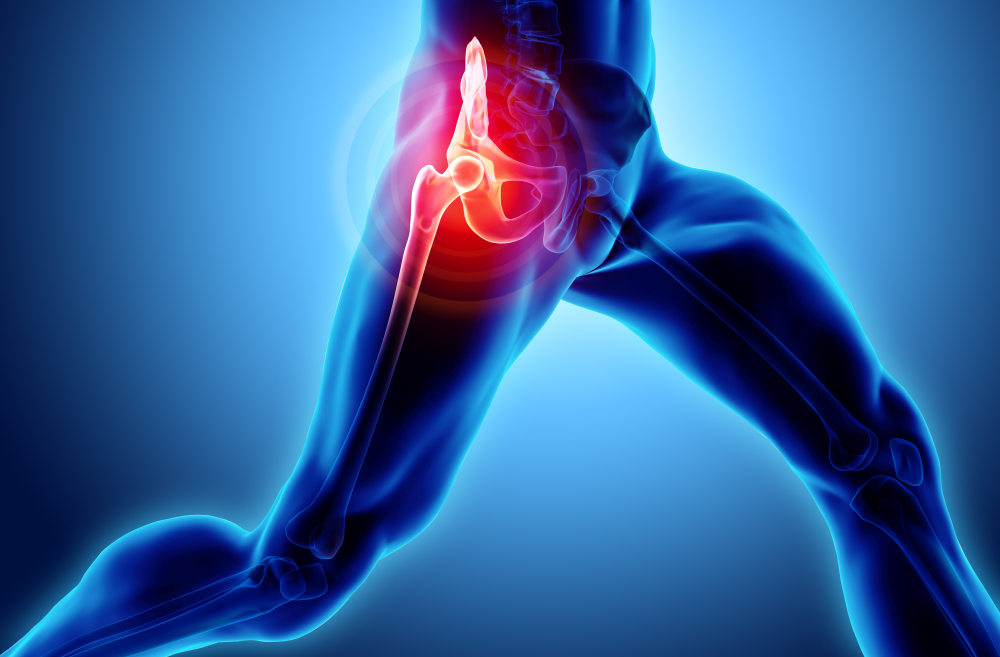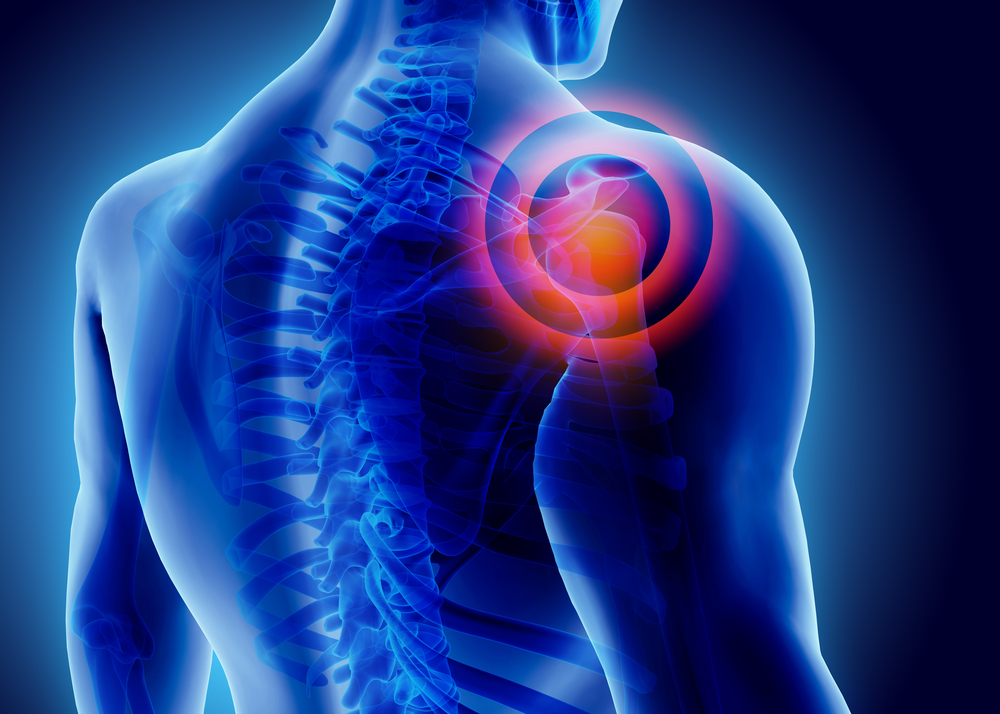Abstract A hospital-based case–control study of 295 cases with histologically confirmed gastric cancer and age and sex-matched controls was conducted to evaluate the effect of dietary vitamin C intake upon the relation between Helicobacter pylori infection and gastric cancer in Korea in 1997–1998. Anti-H. pylori IgG was detected by ELISA. A food frequency questionnaire, and a questionnaire on demographic factors, including past medical history, smoking, alcohol consumption, and life style was also administered.
The prevalences of H. pylori IgG in cases and controls were 80.7% and 71.2%, respectively, and the odds ratio (OR) of H. pylori for gastric cancer was 1.68 (95% confidence interval (CI): 1.14, 2.44), after adjusting for age, sex, educational level, and a past medical history of gastritis or gastric ulcer. In a stratified analysis, H. pylori seropositivity was found to be a significant risk factor for gastric cancer in the low vitamin C intake group (OR=4.68; 95% CI: 1.97, 11.1), but not in the high vitamin C intake group (OR=0.72; 95% CI: 0.32, 1.65). Vitamin C intake was found to modify the relation between H. pylori and gastric cancer.


